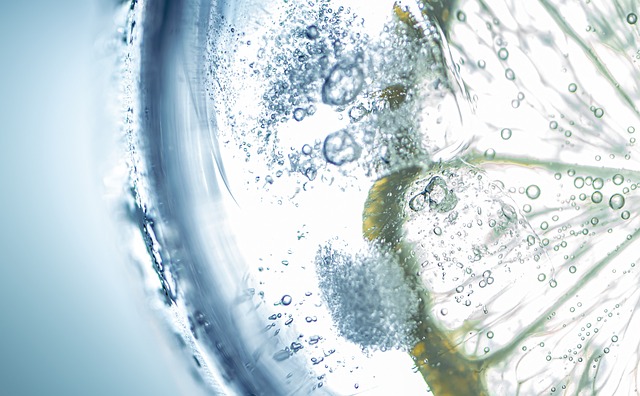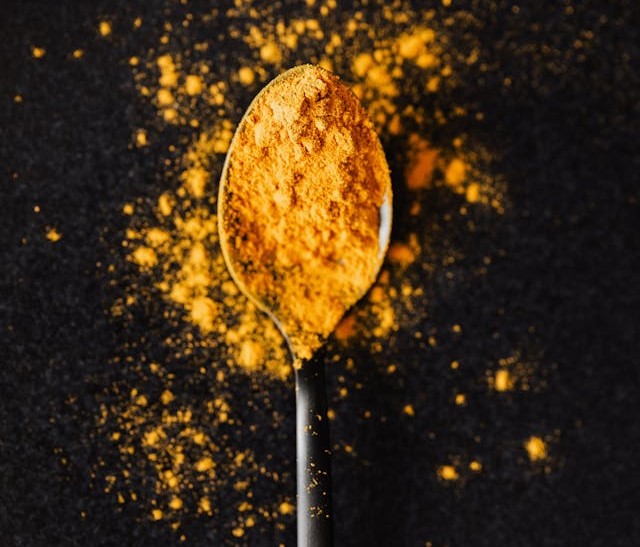Alcohol consumption is often surrounded by myths and misinformation, such as “A little wine is good for your heart” or “Beer is healthier than milk.” These statements are not only misleading but can also downplay the harmful effects of alcohol on our health. In this article, we’ll uncover the truth about alcohol, its effects on your body, and why there’s no such thing as a safe dose.
The Reality of Alcohol Consumption
A Toxic Substance
Alcohol is a toxin. Even in small amounts, it can cause harm to your body:
- Neurotoxicity: Consuming 100 ml of vodka can kill approximately 10 million neurons in your brain. While the human brain has around 60 billion neurons, these losses are significant because each neuron forms up to 1,000 synaptic connections that influence intelligence, memory, and overall brain function.
- Systemic Impact: Alcohol affects every organ in your body, from your liver (leading to cirrhosis) to your heart (causing arrhythmias) and beyond.
Debunking the “Safe Dose” Myth
There is no safe dose of alcohol. Studies from reputable health organizations like the World Health Organization (WHO) emphasize that even minimal alcohol consumption increases the risk of:
- Cancer (particularly breast, liver, and colorectal cancers).
- Cardiovascular diseases.
- Cognitive decline and neurological disorders.
The Effects of Alcohol on Vitamins and Minerals
How Alcohol Depletes Nutrients
Alcohol consumption interferes with your body’s ability to absorb and utilize essential vitamins and minerals, leading to deficiencies that can harm your health:
- Vitamin B1 (Thiamine): Essential for brain function; deficiency can cause confusion and memory loss.
- Vitamin B12: Vital for nerve health and red blood cell formation; depletion leads to fatigue and nerve damage.
- Folic Acid: Critical for DNA synthesis and repair; alcohol reduces its absorption, increasing the risk of anemia.
- Magnesium: Plays a key role in muscle and nerve function; alcohol causes its excretion through urine, leading to muscle cramps and weakness.
- Zinc: Important for immune function; alcohol lowers zinc levels, making you more susceptible to infections.
The Social and Psychological Impacts of Alcohol
- Mental Health: Alcohol is linked to depression and anxiety. Over time, it can worsen symptoms and create dependency.
- Behavioral Risks: Drinking impairs judgment and increases the likelihood of risky behaviors, accidents, and injuries.
- Addiction: Alcohol is highly addictive, with withdrawal symptoms that can be life-threatening in severe cases.
Healthier Alternatives to Alcohol
If you’re looking for something to enjoy socially or unwind after a long day, consider these alternatives:
Nutrient-Rich Mocktails
- Berry Antioxidant Spritzer
- Ingredients: Mixed berries, sparkling water, a splash of pomegranate juice, and fresh mint.
- Benefits: Packed with vitamin C and antioxidants to support your immune system.
- Golden Turmeric Latte
- Ingredients: Almond milk, turmeric, ginger, cinnamon, and a touch of honey.
- Benefits: Anti-inflammatory properties and a warm, calming effect.
Herbal Teas
- Chamomile, peppermint, and green tea are excellent choices for relaxation without the harmful effects of alcohol.
The Benefits of Hanging on a Bar Before Bed: A Simple Yet Effective Exercise for Your Spine and Health
Today, I want to share with you a simple yet highly effective 5-minute exercise: hanging…
Amazing Benefits of Drinking Warm Lemon Water Every Morning on an Empty Stomach
Drinking warm lemon water on an empty stomach is more than just a healthy habit—it’s…
Rejuvenating Turmeric Drink: A Powerful Anti-Aging and Detox Recipe
Are you searching for a powerful natural remedy to rejuvenate your body, improve health, and…
The Truth About Alcohol: Myths, Facts, and Its Effects on Your Body
Alcohol consumption is often surrounded by myths and misinformation, such as “A little wine is…
Fasting: A Powerful Tool for Health and Healing
Fasting is a vast topic, and it’s hard to capture all its aspects in a…
Walking: The Simple Exercise for Longevity and Health
Hello, dear readers! Let’s dive into the power of walking—a seemingly simple form of exercise…







Leave a Reply